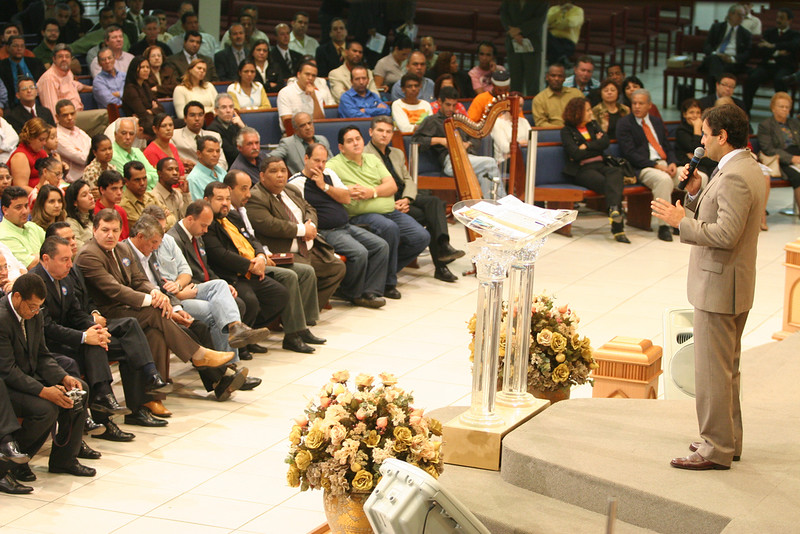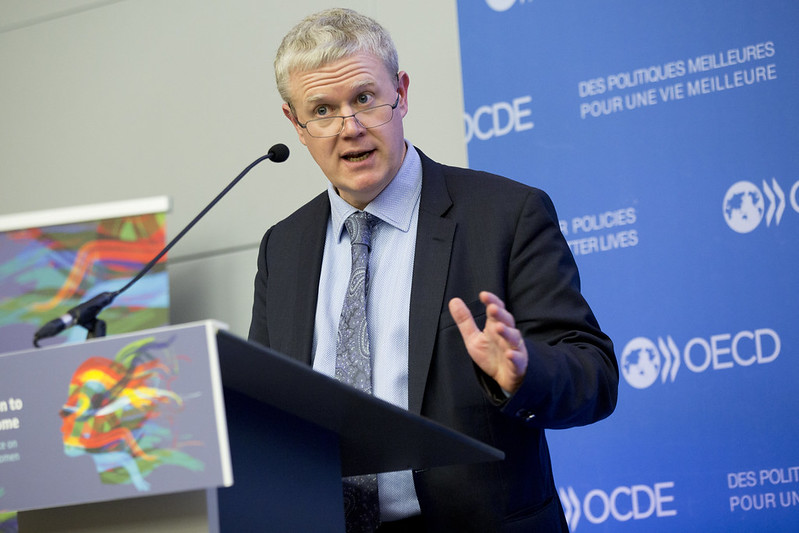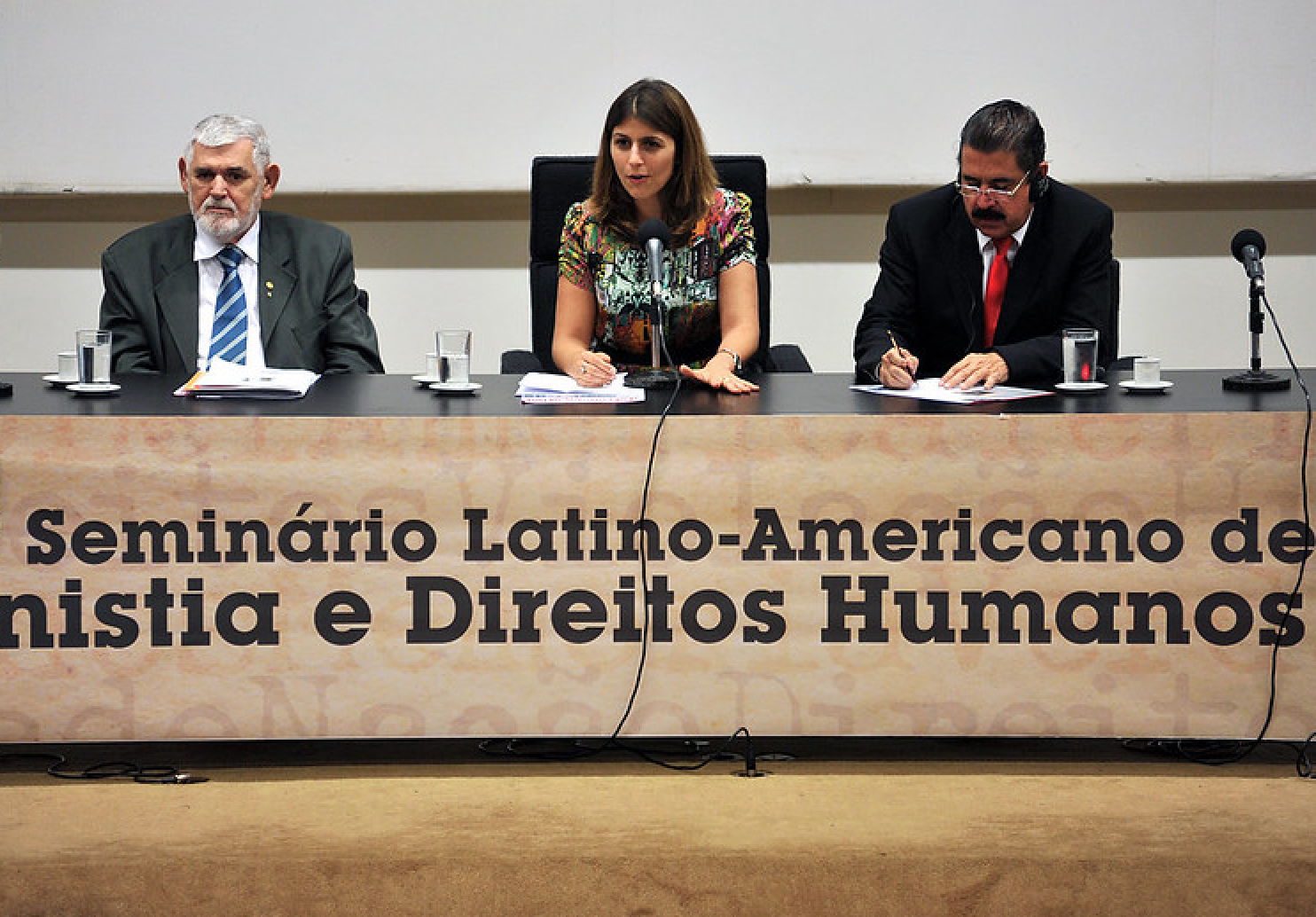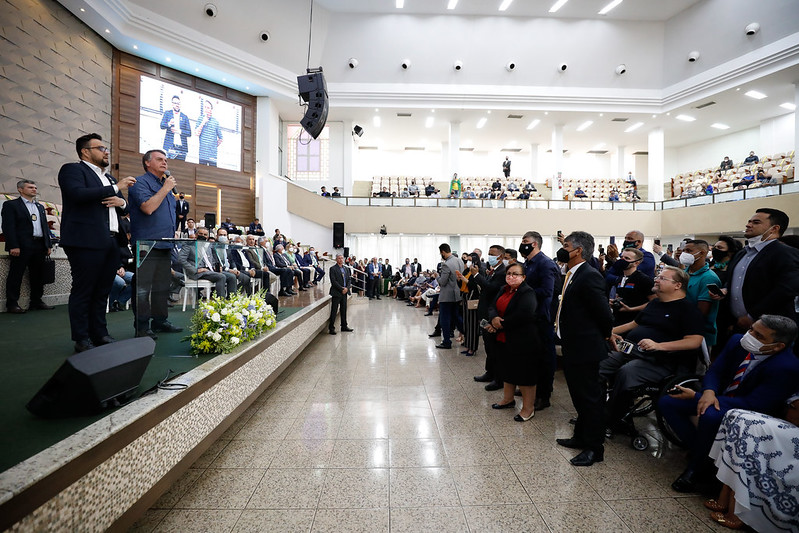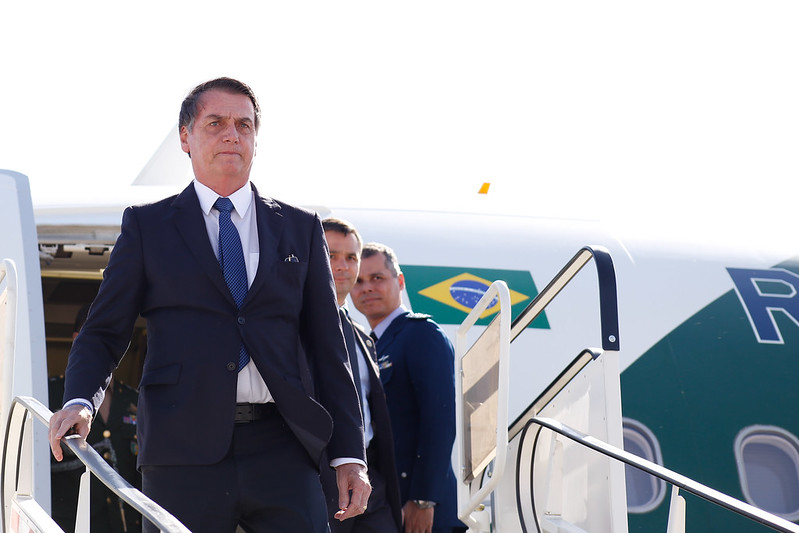Imakay Research Hub
Artigo
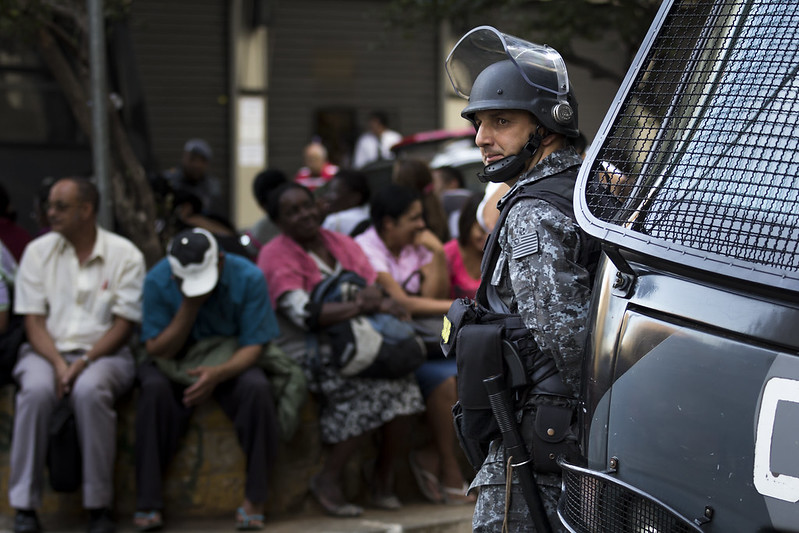
Public security as an agenda of the candidates for the State Government of São Paulo: Portable Operational Cameras (POC) and police lethality
28/10/2022
Bianca Isabel Lombarde Silva, M.A. in Social Science (UNIFESP)
Issues related to public security are often included in the script of interviews, sabbaticals and electoral debates, whether for presidential candidates or possible state governors. This is due to the great public interest in the high crime rates in Brazil, responsible for 20.4% of the world’s homicides, according to the Brazilian Public Security Forum. With this interest in mind, charismatic figures emerge who promise the “salvation” of the country in the name of a few hundred dead who, in their view, fall into the category of “bandits”. The current president of Brazil and candidate for reelection, Jair Bolsonaro, has taken this figure for himself, along with his supporters.
However, Bolsonaro’s mandate was not responsible for reducing crime rates or, consequently, increasing citizens’ safety. Therefore, understanding the proposals related to public security of each candidate is essential to understanding which path the country or the state may follow in the coming years. This text will track an analysis of the opinions and proposals related to portable operational cameras (POC) of the candidates for the Government of the State of São Paulo. This technology arrived in Brazil in 2019 after a long period of studies by the military police. Experienced in the United Kingdom in 2005 and widely recognized after an expansive deployment in the United States of America in 2013, body cameras are used as a popular solution to increase transparency and accountability of police actions.
Since the beginning of the use of POCs in São Paulo to date, the news media have reported an 89% decrease in police lethality in military police battalions such as Tobias de Aguiar (ROTA), known for its high death rates resulting from police intervention, which has awakened the interest of civil society in the operation of this new technology. Nevertheless, there have also been cases of misuse of this tool, such as police attempts to cover up the cameras during raids that resulted in the death of suspects. This equipment has mobilized public opinion and is part of a central framework for public security in the state government. To understand the candidates’ positions, it is first necessary to understand how the technology works.
The operation of the POCs in São Paulo is uninterrupted for 12 hours, during which the police officer can trigger it to record with audio and high resolution images at specific moments of his shift, such as police approaches and interactions with the population. According to journalistic sources, every 30 minutes a video is produced and sent to the Axon system, the company responsible for renting the equipment. The Axon Body 3 cameras, used in São Paulo, are attached to the front part of the bulletproof vests. All the devices have GPS and, in addition to storage in the “cloud”, the recording can be followed in real time by a police monitoring center.
The studies conducted in the USA evaluate the benefits for the police, such as time savings and social prestige, since the images can serve to improve the relationship with the community, increasing confidence in the work of the police, to resolve legal conflicts and misconduct investigations more quickly, as well as serving for the training of police officers. These studies also found that individual cameras attached to police uniforms were significant in reducing citizen complaints, although it is unclear how they play into this reduction. However, it has been noted that this reduction occurs in places that have implemented mandatory activation policies, as can currently be seen in São Paulo.
COPs have the potential to drive changes in organizational structures and practices, making the internal accountability of the police more efficient. However, there is also the tension that new technologies are used within the institution’s existing structures. Thus, because it is an internal mechanism, technologies that require a drastic change in structures can be misused to avoid those changes. Cameras, for example, can be “forgotten” to be turned on, or have their data deleted from the monitoring center. According to FGV researchers, accountability depends directly on police oversight and public administrative management, so when the state government is willing to punish or investigate police officers, there is a greater commitment to this issue. That is, the choice of São Paulo governor will directly influence the continuity of this accountability policy.
Of the 5 candidates for the Government of the State of São Paulo, only 1 is against COP technology. Tarcísio de Freitas (Republicans), a former minister in Jair Bolsonaro’s government and supported by the president, argued that he will reassess the use of the technology if elected, arguing that monitoring needs to be on criminals and not security agents. As a candidate who represents the far right, Tarcísio evaluates the cameras as harmful to police officers, however, since their implementation, most police officers are in favor of their use. The Republican candidate’s proposals for public security include state-of-the-art technology, although he does not describe which technologies these are. When criticizing technology with wide popular support, it is necessary to point out the equipment’s weaknesses. As did Elvis Cezar (PDT) who, despite recognizing the positive results, believes that some issues need to be reviewed.
Elvis Cezar (PDT) criticized the uninterrupted use, characterizing it as “inhumane” and also disapproved of the cost of storing the images. The budget for maintenance of these files is a negative point in this technology. Police Major Robson Cabanas Duque produced a feasibility study on the use of POC in São Paulo, his thesis, defended at the Barro Branco Military Police Academy, was the pioneer in this subject. Duque estimates that more than 50% of the value invested in this technology is destined for storage. According to storage values, 1 year of video recording for all military police officers on duty would cost around R$7.9 million reais to the public coffers. Currently, the São Paulo State Government has closed a contract with the company Axon that includes the rental of the cameras and the storage system, however, there are divergences in the disclosure of the amount paid.
Like the PDT candidate, Vinicius Poit (Novo party) is also in favor of using this technology and has cited studies conducted in the U.S. and England that have published positive results of the implementation in their corporations. Although the basis of his government plan is the defense of private property and entrepreneurial management, the focus for public security is the use of intelligence and the creation of a management body within the Secretariat of Public Security.
The current governor, Rodrigo Garcia (PSDB) is also running for reelection. During his administration, which began under João Doria (PSDB), the technology talked about was implemented. Therefore, Garcia intends to continue its use and praises the reduction in police lethality rates. Upon taking office, the governor was not in favor of the implementation, with doubts about its use. However, after the dialogues with the commanders of police troops and with the reduction of rates, his position on body cameras was changed.
The leading candidate in the polls, Fernando Haddad (PT), is in favor of the use of technology and promised to keep it if elected. Haddad was mayor of the city of São Paulo from 2013 to 2016, and Minister of Education from 2005 to 2012, during the Lula and Dilma Rousseff administrations. As mayor, he received several awards due to the projects created during his administration. As Minister of Education, he was responsible for the implementation of Prouni and FIES, which guarantees the most vulnerable classes access to higher education. In addition to this broad experience in the political and educational field, his government plan as governor has human rights as its north, promising to value the career of police officers by improving working conditions and salaries. However, the government plan does not directly mention portable operational cameras.
We conclude, therefore, that the technology of portable operational cameras will not be deactivated so easily, regardless of the elected governor. The reduction in police lethality and the the support of corporations, NGOs and researchers will directly influence this new management. Therefore, the choice for governor should be based on other measures such as social policies, health, education and economy, prioritizing human rights and democracy. Concerning portable operational cameras, the suggestion is the advancement of studies in the area of public security, to verify the stability of the reduction in the rates of police lethality, the service of accountability to society and, especially, measures that help make this technology more efficient than it has already shown.


